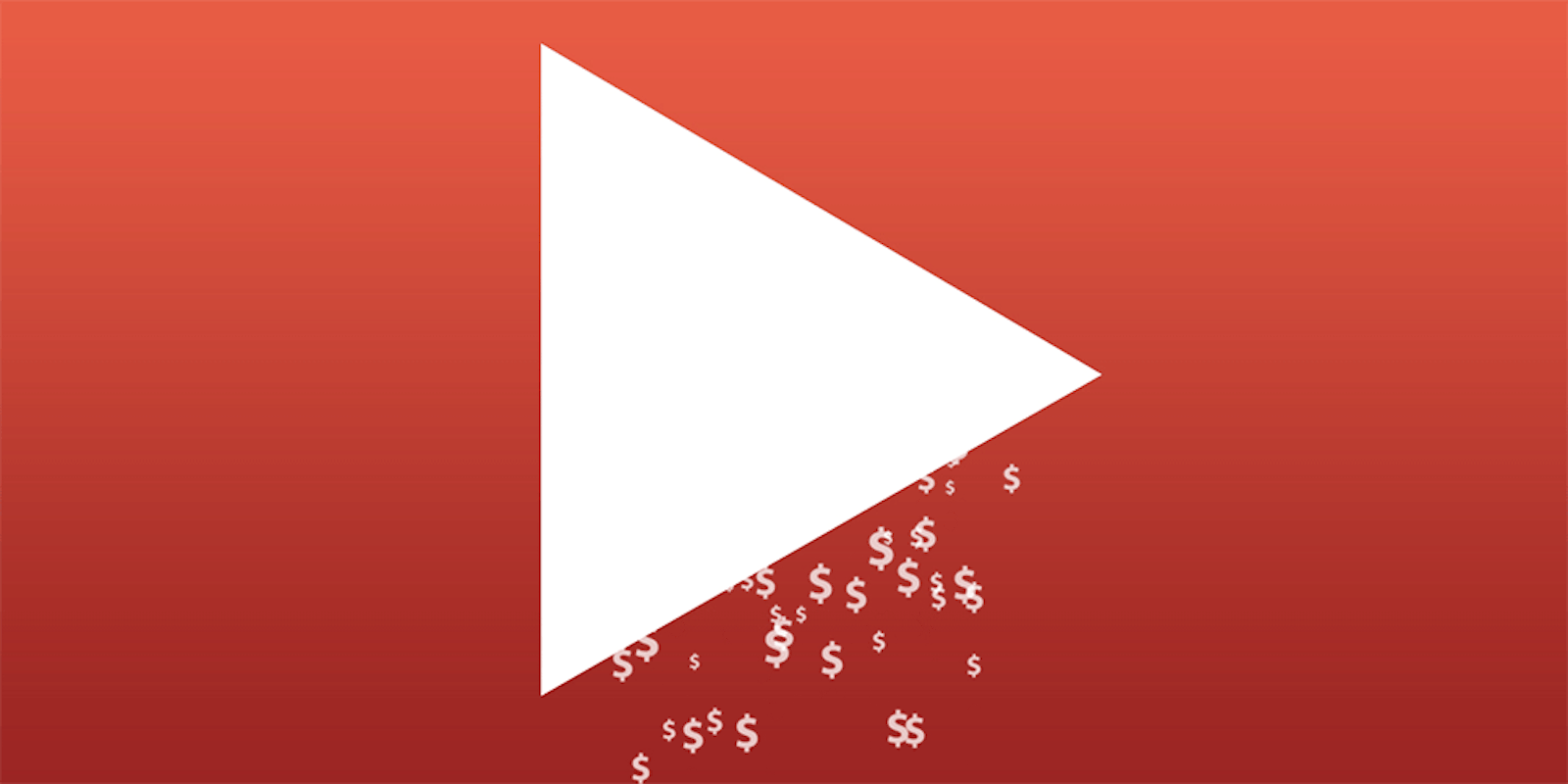After a year of mounting content issues and a slow response to Logan Paul‘s suicide forest video, YouTube is changing its monetization guidelines once again to “protect creators.”
The new changes were detailed in a blog, which promises that a major push in 2018 “will be strengthening our requirements for monetization so spammers, impersonators, and other bad actors can’t hurt our ecosystem or take advantage of you, while continuing to reward those who make our platform great.” In typical YouTube fashion, there was no specificity as to what kind of content the company is trying to thwart or who the “bad actors” are, but in 2017 it faced major issues regarding channels that produce extremist content and disturbing content aimed at kids.
As of Tuesday, YouTube is “changing the eligibility requirement for monetization to 4,000 hours of watchtime within the past 12 months and 1,000 subscribers.” If a channel doesn’t meet those requirements by Feb. 20, it will lose access to YouTube Partner Program features:
On February 20th, 2018, we’ll also implement this threshold across existing channels on the platform, to allow for a 30-day grace period. On that date, channels with fewer than 1,000 subs or 4,000 watch hours will no longer be able to earn money on YouTube. When they reach 1,000 subs and 4,000 watch hours they will be automatically re-evaluated under strict criteria to ensure they comply with our policies. New channels will need to apply, and their application will be evaluated when they hit these milestones.
This news isn’t good for smaller channels, and a lot of creators were upset and confused by yet another demonetization issue that appears to take aim at newer channels.
https://twitter.com/kat_blaque/status/953483201095262208
When someone tells you who they are, believe them. THIS is how YouTube really feels about new voices and new creators. I’ve watched this trend since 2010. I guess the only question they haven’t answered is how many racial slurs & dead bodies you have to post to LOSE monetization.
— Brendan Bradley (@brendanAbradley) January 17, 2018
Google, the company that owns YouTube, is reportedly giving more scrutiny to videos in its Google Preferred ad program, which counted Paul among its creators before he was removed. YouTube also claimed last month that it was hiring 10,000 human moderators to vet videos.


